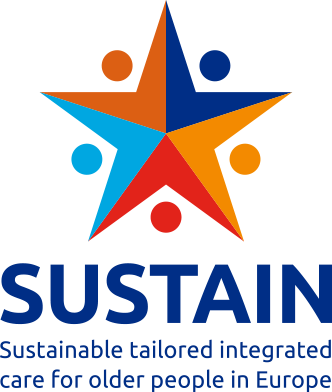Consortium members established working relationships with two integrated care initiatives per country in order to improve current practice.
The initiatives have been identified using the following inclusion criteria, which have been constructed from previous research:
- Focus of the integrated care initiatives should be on people at least aged 65 years who live in their own homes and who have multiple health and social care needs;
- Integrated care initiatives should address older people’s multiple needs, in other words, they should not be single disease oriented;
- Integrated care initiatives should aim at keeping people at their own home (or environment) for as long as possible;
- Professionals from multiple disciplines (health and social care, e.g. nurses, social workers, pharmacists, dieticians, General Practitioners) in multidisciplinary teams should be involved;
- Integrated care initiatives should be established, i.e. operational for at least two years;
- Integrated care initiatives must be willing to improve towards more patient-centred, prevention-oriented, safe and efficient care;
- Integrated care initiatives should cover one geographical area or local site;
- Involvement of the integrated care initiative must be mandated by one organisation that represents the initiative (to facilitate partnering).


Social and health care integration in Sabadell, Catalonia
This is a primary care based integrated care initiative in coordination with social services. This initiative is carried out in three Primary Care Centres (PCC Nord, PPC Ca N’Oriac and PPC Concòrdia) from which both health and social care are provided to the population living at the northern area of the city. Integration results from health and social care professionals sharing an agenda in which eligible cases are signed up to be discussed on a monthly basis meetings. Care plans are designed in these meetings and agreed with patients and family.